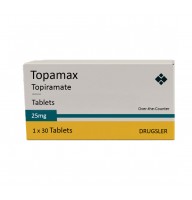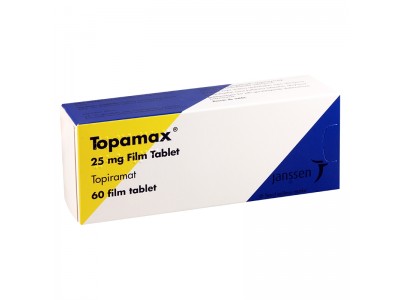Adderall (amphetamine and dextroamphetamine) and Topamax (topiramate) are not typically prescribed to relieve symptoms of menopause in women. Each of these medications serves specific purposes and targets different conditions, and their use for menopausal symptom relief is generally not supported by medical guidelines or clinical evidence.
Menopause is a natural biological process that occurs in women usually around their late 40s to early 50s, marked by the cessation of menstrual periods due to declining ovarian function. Common symptoms of menopause include hot flashes, night sweats, mood changes, sleep disturbances, and vaginal dryness, among others.
Adderall is primarily prescribed for the treatment of attention-deficit hyperactivity disorder (ADHD) and sometimes for narcolepsy, conditions unrelated to menopause symptoms. It works by increasing levels of neurotransmitters such as dopamine and norepinephrine in the brain, which help improve focus and attention.
Topamax, on the other hand, is used primarily for the treatment of epilepsy and for migraine prevention. It works by affecting neurotransmitters in the brain, particularly enhancing the activity of gamma-aminobutyric acid (GABA), an inhibitory neurotransmitter that helps calm nerve activity.
For managing menopause symptoms, healthcare providers typically recommend hormone therapy (HT) or non-hormonal medications such as selective serotonin reuptake inhibitors (SSRIs) or serotonin-norepinephrine reuptake inhibitors (SNRIs). These treatments are specifically chosen based on their ability to alleviate menopausal symptoms effectively and safely.
If you are experiencing bothersome menopause symptoms, it's essential to discuss them with your healthcare provider. They can help determine the most appropriate treatment options for your specific situation, taking into account your overall health and medical history. This ensures that you receive personalized care and relief from symptoms in a safe and effective manner.

